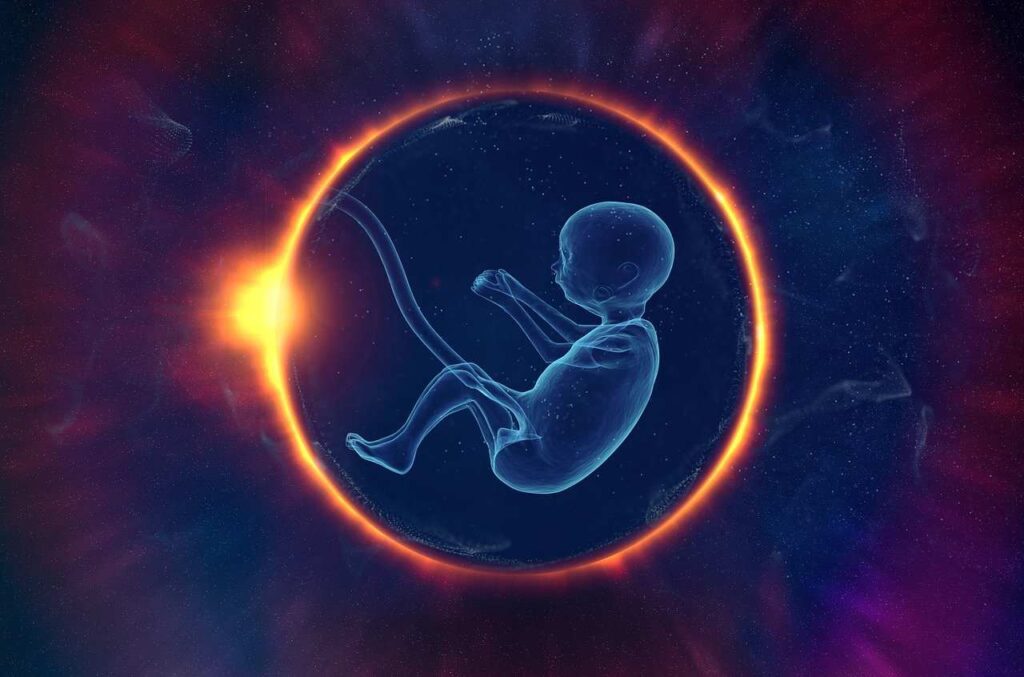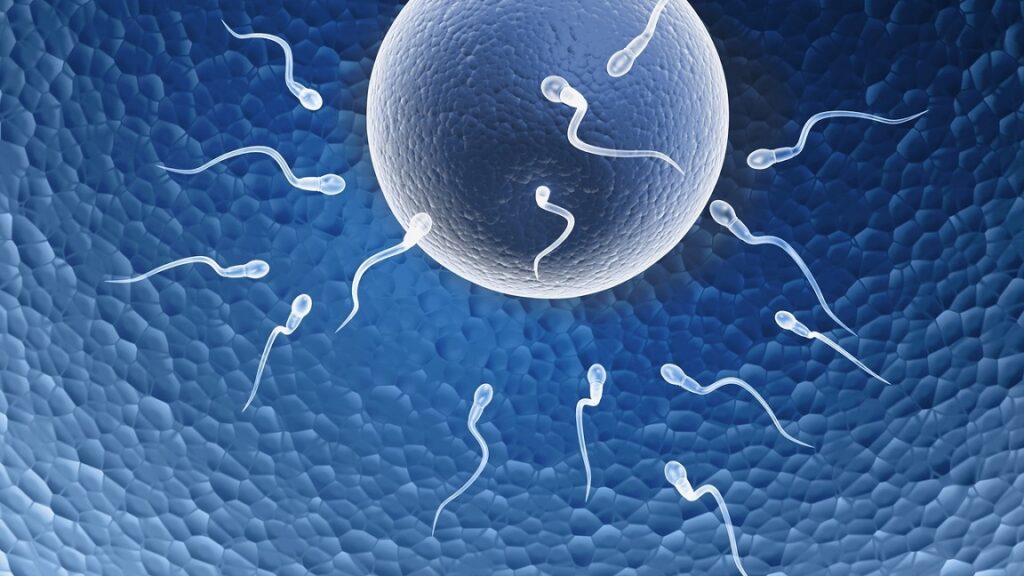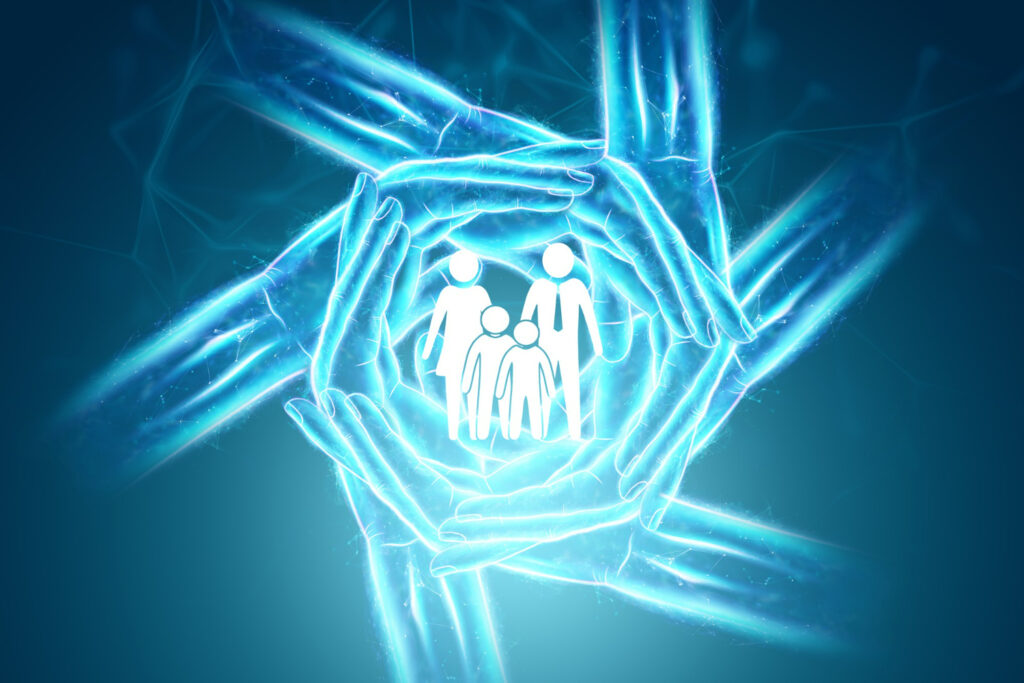In vitro fertilization (IVF) has emerged as a beacon of hope for countless individuals and couples struggling with infertility. While many factors influence the success of IVF, age remains one of the most critical determinants. Understanding how age affects fertility and IVF outcomes is essential for anyone considering this pathway to parenthood.
The Biological Clock: An Overview
Human fertility is intricately linked to age, a reality rooted in biology. For women, fertility peaks in the early to mid-20s and gradually declines. By age 35, the decline becomes more pronounced, and after 40, it accelerates further. This decline is primarily due to the quantity and quality of eggs. Women are born with a finite number of eggs, and as they age, both the number and genetic integrity of these eggs diminish.
Men also experience age-related fertility changes, albeit less dramatically. Sperm quality, including motility and morphology, tends to decline with age, which can affect fertilization rates and the health of the resulting embryo.

IVF and Age: Statistical Insights on Fertility
IVF success rates are significantly influenced by the age of the woman undergoing treatment. Data from fertility clinics and research studies consistently show a decline in live birth rates with increasing maternal age.
- Under 35 Years: Women in this age group have the highest success rates with IVF. According to the Society for Assisted Reproductive Technology (SART), the live birth rate per IVF cycle for women under 35 is approximately 40-50%.
- 35-37 Years: For women aged 35-37, the success rate drops to about 30-40%.
- 38-40 Years: The live birth rate per cycle is around 20-25% in this age group.
- 41-42 Years: Women aged 41-42 have a success rate of about 10-15%.
- Over 42 Years: For women over 42, the success rate further decreases to around 5-10%.
These statistics highlight the significant impact of age on IVF outcomes, underscoring the urgency for younger women facing fertility challenges to consider timely intervention.
Biological Mechanisms Behind Age-Related Decline
Several biological mechanisms explain why IVF success rates decline with age:
- Ovarian Reserve: The ovarian reserve, or the number of viable eggs remaining in the ovaries, diminishes with age. This reduction in egg quantity means fewer eggs are available for retrieval during an IVF cycle.
- Egg Quality: The quality of eggs deteriorates over time. Older eggs are more likely to have chromosomal abnormalities, leading to higher rates of miscarriage, failed implantation, and genetic disorders in the offspring.
- Uterine Environment: Age can also affect the uterine environment. Older women may have a less receptive endometrium, making it more challenging for an embryo to implant and grow.
- Hormonal Changes: Hormonal fluctuations become more pronounced with age, potentially affecting the regulation of the menstrual cycle and the body’s response to fertility medications used in IVF.

Strategies to Enhance IVF Success for Older Women
Despite the challenges posed by age, there are strategies to enhance IVF success for older women:
- Egg Donation: One of the most effective ways to counteract age-related decline in egg quality is through egg donation. Using eggs from a younger donor can significantly improve the chances of a successful pregnancy.
- Preimplantation Genetic Testing (PGT): PGT allows for the screening of embryos for chromosomal abnormalities before transfer. This can increase the likelihood of transferring a healthy embryo, reducing the risk of miscarriage and increasing the chances of a successful pregnancy.
- Optimizing Health: Maintaining a healthy lifestyle can positively impact fertility. Regular exercise, a balanced diet, and avoiding smoking and excessive alcohol consumption can improve overall reproductive health.
- Personalized Treatment Protocols: Individualized stimulation protocols tailored to a woman’s hormonal profile and ovarian reserve can optimize egg retrieval and improve outcomes.
- Use of Adjunctive Therapies: Some clinics offer adjunctive therapies, such as acupuncture and certain supplements, which may improve ovarian response and enhance the chances of IVF success.
The Role of Sperm Quality
While much of the focus is on the woman’s age, the male partner’s age also plays a role in IVF success. Advanced paternal age can lead to reduced sperm quality, which can affect fertilization rates and embryo development. However, the impact of male age is generally less significant than that of female age. Techniques such as intracytoplasmic sperm injection (ICSI), where a single sperm is injected directly into an egg, can help overcome some issues related to poor sperm quality.

Emotional and Psychological Considerations
The journey through IVF can be emotionally taxing, particularly for older women who may feel a heightened sense of urgency and anxiety. It is crucial to address these emotional and psychological aspects:
- Counselling and Support Groups: Access to counselling and support groups can provide emotional relief and a sense of community. Sharing experiences with others in similar situations can be comforting and empowering.
- Mind-Body Programs: Programs that incorporate mindfulness, meditation, and stress reduction techniques can help manage the emotional stress associated with IVF.
- Clear Communication: Open and honest communication with fertility specialists about expectations and potential outcomes is vital. Understanding the realistic chances of success can help make informed decisions and manage emotional well-being.
Future Directions and Advances
Advancements in reproductive technology continue to evolve, offering hope for improving IVF success rates across all age groups:
- Ovarian Rejuvenation: Experimental techniques such as platelet-rich plasma (PRP) therapy and stem cell treatments aim to rejuvenate the ovaries and enhance egg quality, although these are still in the early stages of research.
- Genetic Editing: The advent of CRISPR and other genetic editing technologies holds the potential for correcting genetic defects in embryos, potentially increasing the chances of a healthy pregnancy.
- Artificial Intelligence: AI is being used to enhance embryo selection by analyzing vast amounts of data to predict which embryos are most likely to result in a successful pregnancy.

Conclusion
Age significantly influences IVF success, primarily due to the decline in egg quantity and quality. While younger women generally have higher success rates, advancements in reproductive technology and personalized treatment strategies offer hope for older women. Understanding the impact of age on fertility and leveraging available resources and techniques can help individuals and couples make informed decisions on their path to parenthood. The emotional journey of IVF also necessitates comprehensive support to navigate the challenges and complexities of fertility treatment.





